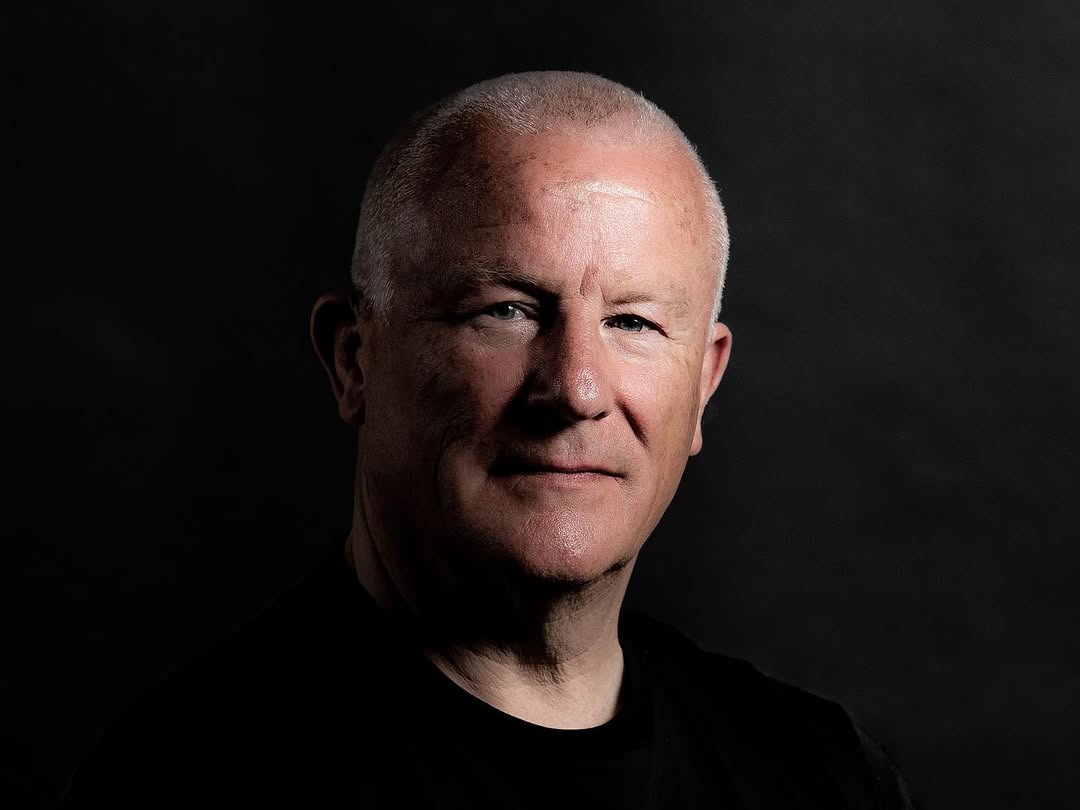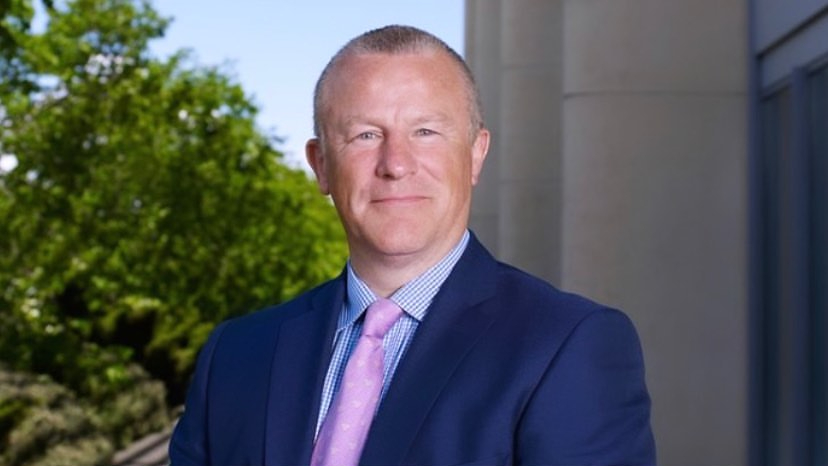Neil Woodford: From Market Hero to Regulatory Villain – and His Quiet Ties to Football
Who Is Neil Woodford?
Neil Woodford CBE, once described as the "rock star" of UK fund management, is a British investment manager who rose to prominence during his tenure at Invesco Perpetual, where he managed more than £30 billion in assets at his peak. Known for avoiding dot-com stocks in the early 2000s and dodging bank shares before the 2008 financial crisis, Woodford built a reputation as a long-term, contrarian investor with a sharp nose for risk.
After 26 years at Invesco, Woodford launched his own firm — Woodford Investment Management (WIM) — in 2014. The firm’s flagship product, the Woodford Equity Income Fund (WEIF), quickly attracted billions of pounds from both retail investors and institutions eager to follow the star manager’s next chapter.
But what began as a triumph ended in one of the most dramatic financial collapses in recent UK investment history.
What Was the Scandal — And Why Did It Collapse?
Between 2018 and 2019, Neil Woodford shifted from his traditional blue-chip strategy and instead made large, concentrated bets on illiquid, unquoted biotech and tech startups — many of which were held through complex off-market structures to sidestep regulatory limits on illiquid assets in open-ended funds.
When investors tried to pull their money, the fund couldn’t meet redemptions. In June 2019, the Woodford Equity Income Fund was suspended, trapping over 300,000 investors, many of them everyday savers and pensioners.
By October 2019, the fund was ordered to shut down, and Woodford Investment Management closed entirely. In 2025, the Financial Conduct Authority (FCA) levied fines totaling nearly £46 million, including a personal £5.9 million penalty for Woodford. He was also permanently banned from managing retail investments again.
The Business Behind the Fall
Woodford ran his fund like a boutique, elite operation — with his trusted associate Craig Newman acting as CEO. The firm pulled in more than £60 million in fees during its short existence, even while the fund hemorrhaged value.
Woodford and Newman were paid dividends of over £13.8 million, while investors were locked out of their accounts. Critics say this showed a complete breakdown of fiduciary duty, especially considering how tightly Woodford controlled investment decisions.
His business strategy relied heavily on brand equity — Woodford was the business. Investors weren’t just buying into companies; they were buying into Neil.

Neil Woodfood
Quiet Ties to Football
While not as publicly immersed in the football world as other British financiers, Woodford has long-standing ties to the sport behind the scenes. In the mid-2010s, he invested in several sports science and biotech startups, some of which focused on technologies applied to sports medicine and athletic performance — areas of growing interest in top-tier football clubs.
Notably:
-
Proton Partners International, one of Woodford's heavily backed ventures, provided advanced cancer treatment — but was also cited in sports recovery circles, especially among elite athletes.
-
Woodford was also a shareholder in Oxford Nanopore, a genomics firm which, according to sources close to the investment, had partnerships with sports institutions exploring DNA-based performance optimisation — a trend increasingly explored in elite football academies.
Moreover, his firm had a client relationship with advisory firms connected to football club sponsorships, although these were never made central to WIM’s brand.
While Woodford never publicly aligned himself with a specific football club, industry insiders note that his investment choices aligned with trends in sports tech, athlete health, and wellness ventures — sectors increasingly tied to football's commercial evolution.
Why Is He Facing Fines Now?
The FCA’s 2025 investigation concluded that Woodford made investment decisions that were “unreasonable and inappropriate”, specifically regarding the fund’s liquidity profile.
Woodford’s flagship fund was marketed as a low-risk, income-producing product — but under the hood, it held dozens of speculative startups, often through opaque investment structures that made them hard to sell in times of stress.
The FCA noted:
-
Only 8% of the fund could be liquidated in seven days.
-
Red flags were ignored, including internal compliance warnings.
-
Woodford failed to act on redemptions early enough to protect investors.
As a result:
-
He’s been banned from controlling regulated businesses.
-
His firm, now shuttered, is still facing civil claims and legal scrutiny.
-
A £230 million redress scheme has been arranged for investors — a fraction of the £10 billion once held.

Is There a Comeback?
In 2021, Woodford made headlines when he announced plans to launch a new investment venture — WCM Partners — based in Jersey, aimed at institutional investors. However, due to public backlash and regulatory pressure, the firm never got off the ground.
In 2024, he launched a commentary and data analysis site, W4.0, positioning himself as a market observer rather than an asset manager. Critics argue it’s an attempt to rehabilitate his image without confronting investor losses.
What Can Investors Learn?
Woodford's fall is more than just a personal failure — it's a systemic case study in:
-
Star manager risk: Relying too heavily on one personality.
-
Illiquidity risk: Marketing daily-access funds while holding hard-to-sell assets.
-
Poor oversight: Lax governance and compliance.
-
Retail investor vulnerability: Many savers had no idea of the risks they were exposed to.
Final Word
Neil Woodford’s story serves as a cautionary tale about unchecked ambition, a lack of transparency, and the cult of personality in asset management. His investments, including his subtle intersections with football, reflected a desire to be ahead of the curve. But without proper risk management and regulatory accountability, even the most celebrated fund manager can fall from grace.
Related: Luxury's New Line of Defense: AI vs. Fakes, Fraud, and Data Leaks
Related: Famous People Who Got Scammed: Shocking Stories of Celebrity Fraud













